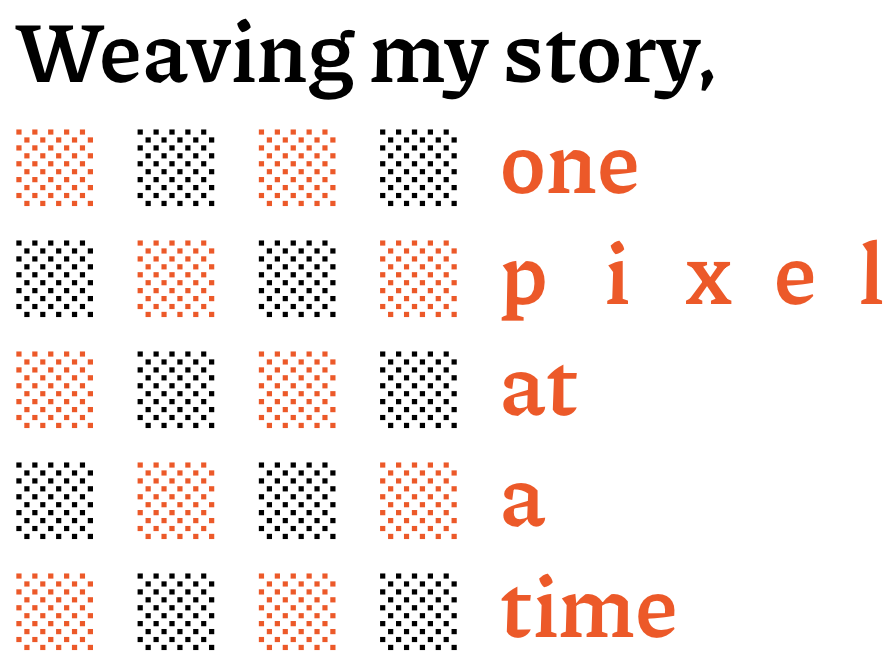Affordable Innovators of India
Street vendors embody the spirit of India's streets—the resilience, the creativity, and the everyday magic that simplifies life for millions. To experience the unsung symphony that reverberates through every corner enriching lives in small and profound ways as the urban cityscape evolves, this is a collection of their stories. From the tools they utilise, the carts they decorate to anecdotes about their lives, this repository aims to bring forth different aspects of their profession to the world.
Website Design
A Homepage with an article followed by individual bites from the innovators.
A Tools page with illustrations and multilingual descriptions of unique tools used for the various professions.
An Index of all the bites for quick navigation.
Note: Above is the quick review for the site as a screen recording. To preview the website, you may need an account on Cargo.
Link: https://095730.cargo.site/
Design Details


Article featured on the website (Quick read)
Amid the lively chaos that defines Indian streets, a world of ingenuity and necessity thrives among the everyday hustle and bustle. Street vendors stand out amidst the crowds as unsung heroes, enriching communities with resourcefulness, resilience, and invaluable services, shaping everyone's daily life experiences.
The cacophony of the streets is not mere noise; it is a living symphony of people at task and conversing with each other. Each vendor, from the makeshift cooking carts to the innovative knife-sharpening setups, offers affordability paired with uniquely designed tools for their trade. Whether portable chai-making kits or on-the-go shoe-polishing, the populace deeply cherishes these niche services. Beyond the services, it is the people themselves who captivate. Street vendors earn colourful monikers based on their trades, like Dabbawaala—lunchbox carriers or Sabjiwaala—mobile vegetable sellers navigating the city streets. Consider the morning ritual of the doodhwaala—the milkman—who arrives on a motorbike with freshly squeezed milk in a unique tumbler or a paanwala—the betel leaf seller—whose cart is as colourful as his offerings. If a mixer breaks down, there is no need to trek to a distant store. Instead, a local vendor adept at repurposing old blades and possessing basic electrical skills can swiftly repair them at a fraction of the cost.
These scenes are fading—the once-thriving urban landscape, brimming with such sights and sounds, risks disappearing before future generations. Why? Vendors often lack licenses or legal recognition. Regulatory ambiguity leaves them vulnerable to misinterpretation and exploitation by local authorities. Many vendors need help with economic challenges beneath this vibrant surface. While street vending provides income and employment, it lacks formal support like insurance or government subsidies. Instead, many vendors face extortion from criminal elements. Apart from that, a lot of vendors have to carry heavy materials without any big machinery that leads to long term health issues. During the COVID pandemic, most of them had no means of direct income or support from the local authorities for survival.
Despite these obstacles, a spirit of freedom fuels their creativity. Vendors enjoy the autonomy to conduct business as they see fit, often employing attention-grabbing techniques that become part of the daily routine for locals. They decorate their carts with colourful typography and slogans to catch attention and are a recognizable part of the visual culture of India.
Ultimately, these street vendors embody the spirit of India's streets—the resilience, the creativity, and the everyday magic that simplifies life for millions. To experience the unsung symphony that reverberates through every corner enriching lives in small and profound ways as the urban cityscape evolves, this is a collection of their stories. From the tools they utilise, the carts they decorate to anecdotes about their lives, this repository aims to bring forth different aspects of their profession to the world.
— Vishakha Ruhela
